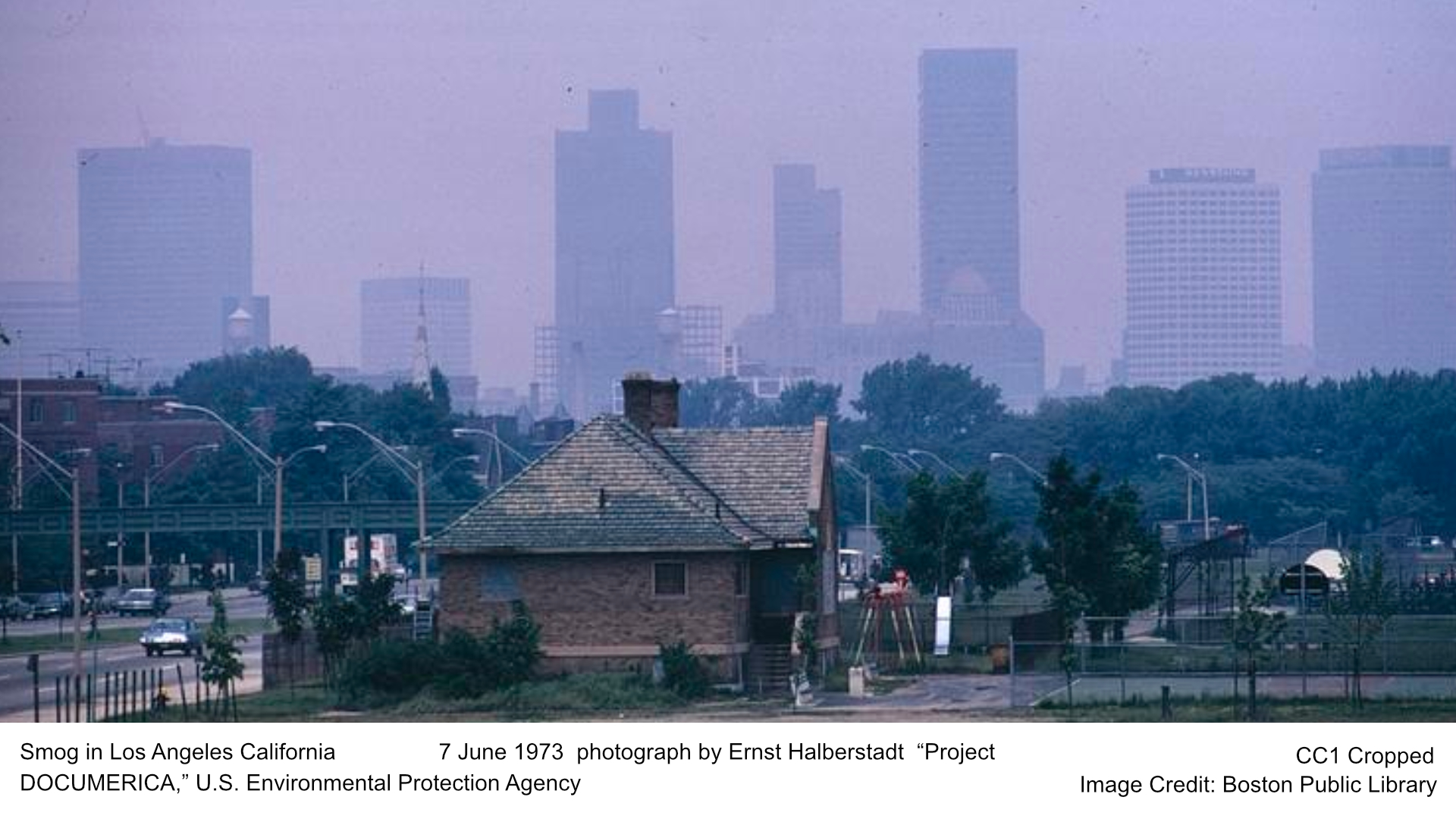California continues to grapple with devastating wildfires, with climate change frequently cited as a contributing factor. These fires have prompted a series of high-stakes lawsuits against major oil companies, accused of misleading the public about the environmental risks of fossil fuels.
- California Sues Big Oil: Governor Gavin Newsom and Attorney General Rob Bonta have filed a landmark lawsuit against major oil companies, accusing them of deceiving the public about the environmental risks of fossil fuels.
- National Trend: California’s lawsuit follows similar actions in cities like Baltimore and Chicago, reflecting a growing movement to hold the fossil fuel industry accountable for climate change.
- Climate and Wildfire Costs: The lawsuits aim to recover damages caused by climate change-induced disasters, like California’s recent wildfires, which officials link to intensified weather conditions.
- Legal and Political Tensions: The lawsuits challenge the fossil fuel industry’s transparency, while opponents argue they jeopardize national energy policy and constitutional principles.
Governor Gavin Newsom and Attorney General Rob Bonta filed a landmark lawsuit in San Francisco County Superior Court against Exxon Mobil, Shell, Chevron, ConocoPhillips, BP, and the American Petroleum Institute. They allege that these companies engaged in a “decades-long campaign of deception,” concealing the dangers of fossil fuel emissions.
Chicago has filed a landmark climate change lawsuit against major oil companies, including ExxonMobil, BP, and Shell, accusing them of knowingly contributing to global warming while misleading the public about its dangers. The lawsuit alleges that these companies engaged in deceptive marketing practices, downplaying the impact of fossil fuels on climate change, despite being aware of the risks for decades.
Chicago seeks compensation for the costs of addressing climate-related damages, such as flooding, extreme weather, and infrastructure degradation. This legal action mirrors similar cases across the U.S., as cities and states increasingly hold fossil fuel companies accountable for their role in the climate crisis.
California’s legal action follows a pattern seen in other states and cities, including Baltimore, New York, and Chicago. These entities argue that oil companies used deceptive marketing to hide the severe environmental impacts of burning fossil fuels.
The state’s lawsuit hinges on claims that oil companies failed to warn the public about the known risks of their products, a violation of state laws that require such transparency. This legal approach mirrors strategies used successfully against the tobacco and opioid industries, which faced similar accusations of concealing product dangers.
Recent wildfires in California have underscored the urgency of these legal battles. State officials attribute part of the blame for these catastrophic events to climate change, which has intensified weather conditions and increased fire risk. The lawsuits seek to recover costs associated with these disasters, which have caused extensive property damage and loss of life.
The California lawsuits are part of a broader national trend, with more than two dozen similar cases filed by states and municipalities across the country. These legal actions aim to hold the fossil fuel industry accountable for its role in climate change and the resulting environmental impacts.
Despite the challenges, these lawsuits represent a significant effort by states to address climate change and its consequences. Legal experts suggest that the outcomes could have far-reaching implications for both the energy industry and climate policy.
The oil companies, however, argue that these lawsuits threaten the stability of national energy policy and constitutional principles. Alabama and 20 other states have voiced their opposition, contending that liberal states should not dictate energy policy for the entire nation.
As these legal battles unfold, they highlight the growing tension between state efforts to combat climate change and the interests of the fossil fuel industry. The outcomes of these cases could shape the future of environmental accountability and policy in the United States.







Be First to Comment